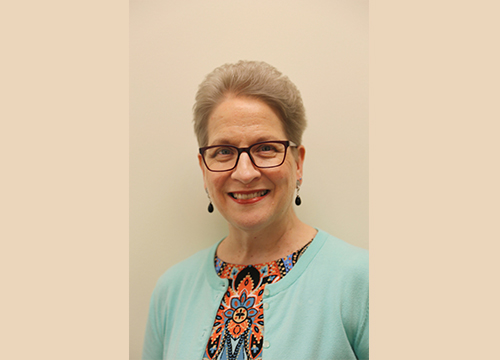Second Sunday of Advent: Bar 5:1-9; Ps 126:1-2, 2-3, 4-5, 6; Phil 1:4-6, 8-11; Lk 3:1-6
Last week, we entered Cycle C of the Sunday Lectionary, the third of three sets of readings, selected and arranged to unfold the mysteries of our faith over the liturgical year. Lectors, homilists and others who meditate on the readings each week will notice the presence of Luke and the absence of Isaiah. In fact, first readings on the four Sundays of Advent come from Jeremiah, Baruch, Zephaniah and Micah.
Though a reading from Baruch may be heard at the Easter Vigil and twice in the twoyear cycle of weekdays, today marks the prophet’s only Sunday appearance. The Book of Jeremiah mentions Baruch, son of Neriah, carrying out various tasks as secretary and assistant to the prophet, during the Babylonian exile.
Indeed, the Book of Baruch, named for this figure, is set in that time. Biblical scholars, however, believe the book to be written centuries later, by unknown authors, and set in the past. It draws from and paraphrases other scriptures not yet in existence during the exile, e.g., Daniel 9, Job 28, and Isaiah 40-66.
In addition, the narrative that introduces the book includes historical errors that suggest hazy hindsight rather than a more proximate perspective. Finally, anonymous authors naming their own work after a well-known person makes perfect sense in the communal cultural context of biblical literature. Attributing psalms to David and wisdom writings to Solomon follows this tradition.
Despite the rarity of readings from Baruch, today’s selection rings familiar. We hear Jerusalem exhorted to throw off garments of mourning and put on splendor from God. Clearly, the transformation from misery to glory happens at God’s bidding and for God’s purpose.
Now called by God, “the peace of justice,” and “the glory of God’s worship,” Jerusalem learns from this new naming how to go forward from this moment — building peace through just action and authentic worship.
Journey language takes over, first referencing the exile, “Led away on foot by their enemies,” and then the return of the people, who “advance secure” over ground that God has leveled for their safe passage. God provides both light and shade, leading the people, “with his mercy and justice for company.” We hear a clear message: For a joyful journey, walk in justice and mercy, with God and in God.
Psalm 126 forms a firm bridge between the first reading and the Gospel. It begins, “When the Lord brought back the captives of Zion,” placing us definitively in the exile setting of Baruch and referring to the children of Jerusalem “led away on foot by their enemies.”
Later we hear, “Those who sow in tears shall reap rejoicing,” and then, “Although they go forth weeping… they shall come back rejoicing.” This movement corresponds to that of the first reading, which goes from “Take off your robe of mourning and misery” to God “leading Israel in joy.”
The Gospel acclamation announces, “Prepare the way of the Lord, make straight his paths.” The Gospel echoes and expands this imperative with “Every valley shall be filled, and every mountain and hill shall be made low,” quoting Isaiah.
This connects to Baruch’s version in the first reading, “For God has commanded that every lofty mountain be made low and that the age-old depths and gorges be filled to level ground,” for Baruch also draws directly from Isaiah.
Interestingly, these words on the lips of John the Baptist launch his call for repentance and conversion of heart. Human beings have work to do, preparing for the coming of God. They must submit to course correction, to realignment with God’s way of justice.
Next Sunday, we will hear the specifics for soldiers, tax collectors and ordinary folks. For now, we do well to ponder the message teased out of Baruch above: For a joyful journey, walk in justice and mercy, with God and in God.
Melanie holds a master’s in pastoral studies from Loyola University, New Orleans.

